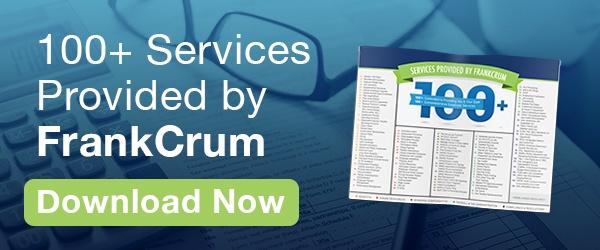
In the first blog post in my wage and hour fundamentals series, I talked about exempt vs. non-exempt employees. For this post, I want to help you with employee time tracking and determining hours worked for exempt and non-exempt employees.
Employers must track the hours worked for all non-exempt employees to ensure the minimum wage and overtime provisions are met (regardless of how you determine their pay). Employers are permitted to track the hours worked for exempt employees, however since their pay is not based on the number of hours they work, it is not required.
Again, the time keeping requirement in the law is that of the employer – not the employee. So, while it is important to have clear policies regarding how the employees track and/or record their time, you may not withhold their pay if they fail to do so properly. This is why it is important to have supervisors also responsible for this task. If an employee fails to submit timesheets “on time”, the best practice is to pay them based on what they were scheduled to work (to ensure timely payment of wages) and then make any corrections (more or less) on the following pay period.
The most reliable method to track hours worked is a time clock system, however that is not always a feasible option (depending on the industry) and it is not required that you have one. Employers may have employees record their time manually on a time sheet and the best practice is to have the employee and a manager/supervisor sign the time sheet at the end of each week.
Employees should record when they begin and end work including any time not working for rest or meal breaks. Breaks of less than 20 minutes in duration must be paid and breaks of longer than 20 minutes can be unpaid. Employers can require that their employees take breaks, however if the employee does not comply, while they may be disciplined for the policy violation, they still must be paid if they worked. Some states require breaks to be provided and essentially all do for employees under the age of 18. We recommend you consult with an HR specialist for questions concerning breaks.
If you have questions on exempt and non-exempt employee time tracking or are interested in ways that FrankCrum can help you with HR and wage and hour issues you’re currently facing, please contact us. Check back soon for our next post in this series on calculating drive time and travel time for employees.




